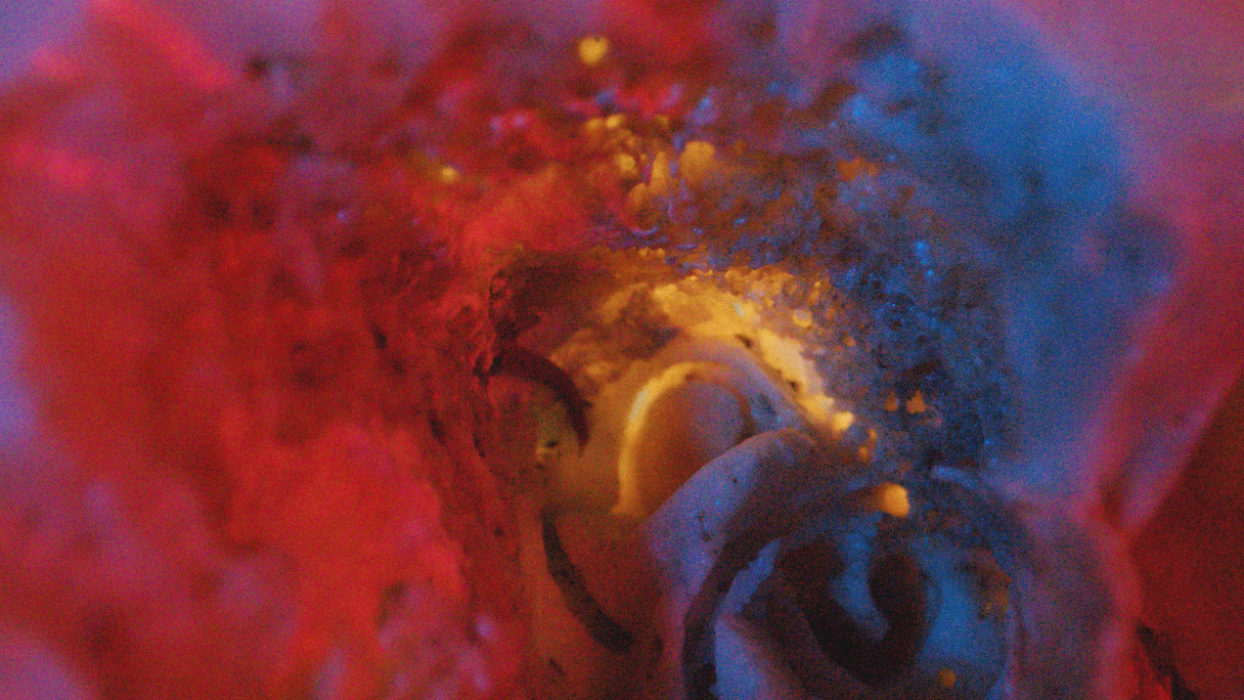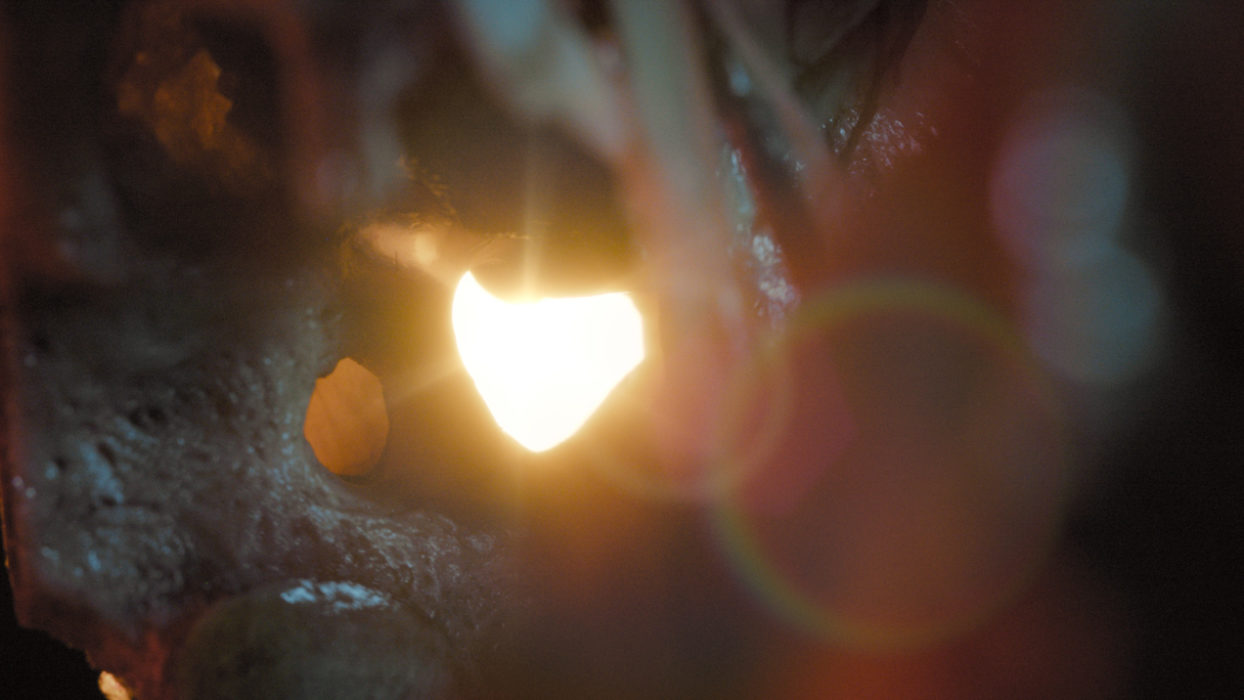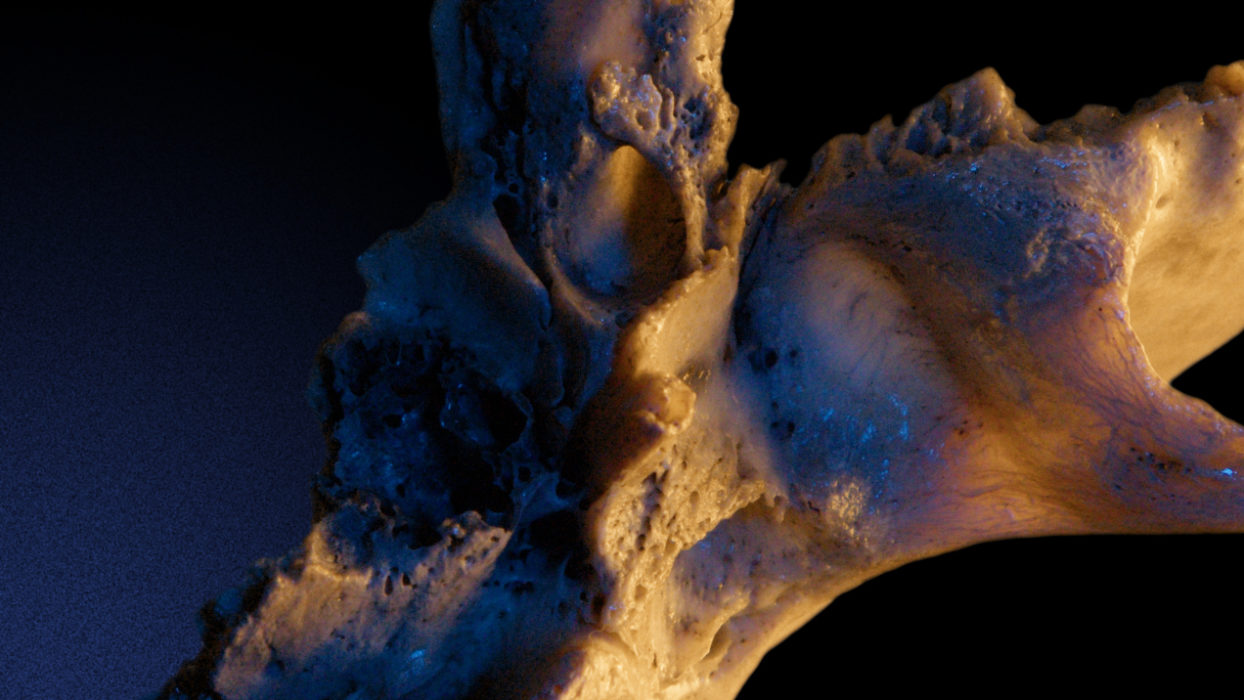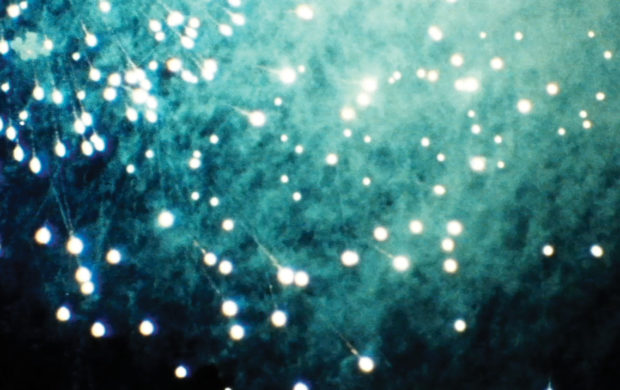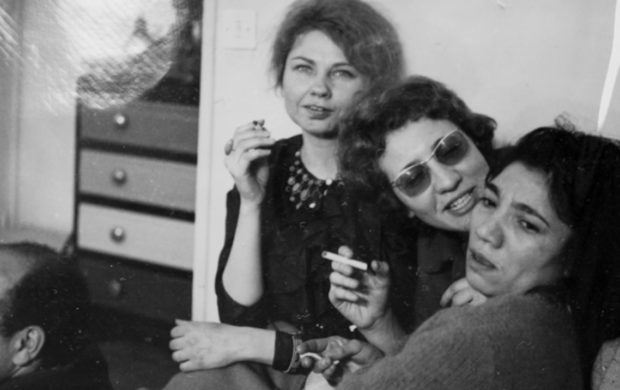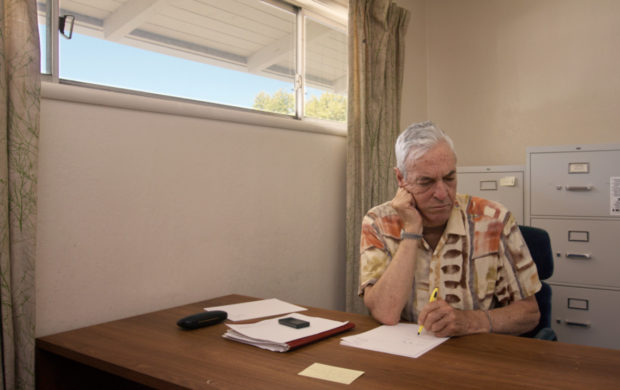Louis et les langues
Louis, a young man treated for schizophrenia, lives with his mother and stepfather. He refuses his mother tongue, the English idiom, which is spoken by everyone around him. Taking refuge in the study of foreign languages, he develops a series of methods of his own as coping mechanisms. Inspired by “Le Schizo et les langues”, a book by Louis Wolfson.
Louis Wolfson, the author of the seminal book Le Schizo et les langues, published in France by Gallimard in 1970 with a preface by Gilles Deleuze, was born in New York. After receiving an early diagnosis of schizophrenia, he reacted to heavy-handed treatments by developing his own system for spontaneously translating English into a jargon that would keep his native language at bay. Wolfson’s distrust of language, and his subsequent escape into other languages, was brought on by an excessive closeness. Similarly, in Aurélien Froment’s film, subjectivity emerges in intimate connection with auditory perception. Louis and Languages takes the form of a visionary journey (reminiscent of past Technicolor explorations of the human body) inside the bony maze of an anonymous human ear housed at the Anatomical Museum of the University of Edinburgh. Through the auditory canal, viewers can perceive light signals from the outside world, as well as sound clips—borrowed from the films of Fred Wiseman or from psychiatric archives—evoking a childhood committed to the institution. Throughout the film, Froment seeks to account for the many ways in which an individual relates to the world through sound, from the joy of learning new languages to the refusal to speak, all the way to the withdrawal into a non-verbal soundscape. Through its experimental form evocative of a hypnagogic state and of a limboesque relation to the world, hovering in between stifling proximity and radical separation, the film takes issue with the ubiquitous demand for legibility of an era that expects unrestricted communication, and replaces the cunning ways of the mind with artificial intelligence.
Antoine Thirion
Aurélien Froment has been developing his work for some twenty years with a deviant interest in cinema, playing with its structure, language, materials and spaces. His work summons up stories of “concrete utopias”, often situated at the margins of modernity. This research materialises as huge photographic installations (Théâtre optique, 2021; Of Shadows of Ideas, 2016; Tombeau idéal de Ferdinand Cheval, 2015; Fröbel Fröbeled, 2014), and as films designed as small theatres (Creuser Wolfson, 2023; L’Idée de Camillo, 2013; Théâtre de poche, 2007; The Apse, the Bell and the Antelope, 2005).
Aurelien Froment
Jamie Quantrill
Pete Smith
Aurélien Froment
Galerie Marcelle Alix demain@marcellealix.com
